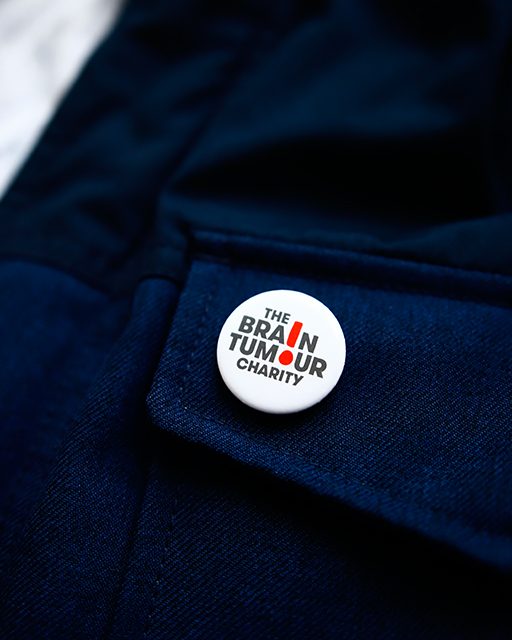A guest blog from Prof. Susan Short – Professor of Clinical Oncology and Neuro-Oncology.
Developing a new drug is hugely expensive. The whole process – from initial laboratory tests through clinical trials to licensing for use in humans (if it gets that far) – is time-consuming and often frustrating.
In my field of brain tumour research, the challenges are particularly tough.
We are starting from a low base – until recently there has been little investment in this area – and there are unique problems in delivering effective drug treatments across the blood-brain barrier.
That’s why I believe we need to think differently about identifying drugs to help brain tumour patients.
What if treatments already being used safely against other diseases could have an impact on brain tumours? Shouldn’t we make it easier and more worthwhile to work out if those drugs could help brain tumour patients?
It’s a process known as repurposing and it’s the subject of a Parliamentary Bill – that is, a proposed new law – which aims to make it happen more often.
I’ve been working with teams at University College London and The University of Leeds on repurposing a drug called hydroxychloroquine, which is licensed to treat arthritis and malaria.
Thanks to promising laboratory tests, we think hydroxychloroquine could help brain tumour patients by making their cancer cells more sensitive to radiotherapy treatment.
We are now testing this in a clinical trial in which some brain tumour patients will be given hydroxychloroquine during their treatment, to assess the effect of the drug.
But even if we prove that hydroxychloroquine makes a positive difference, there is no guarantee that the drug will reach all those who could benefit from it.
That’s because once a drug has been rigorously tested and approved, it is granted a ‘patent’ and licensed for use against a specific condition. For the first 20 years, no-one can sell that drug except the company which developed it.
After that, the patent expires and restrictions on manufacturing and marketing are lifted.
So if a drug has been around for more than 20 years, like hydroxychloroquine, the original developer would make no money from a new license allowing its use to help treat brain tumours.
Although doctors can prescribe drugs that are not specifically licensed for a certain condition, they may well not be aware of their potential value.
The Off-patent Drugs Bill is designed to address this issue. It would enable the government to coordinate the licensing process in place of a pharmaceutical developer, so that the benefit to patients of repurposing drugs would take precedence over financial concerns.
The Bill goes before the House of Commons on the 6 November and has the support of many charities, including The Brain Tumour Charity.
Repurposing is an issue across the health sector and affects people with Parkinson’s, multiple sclerosis and breast cancer, to name just a few.
If you would like to support the Off-patent Drugs Bill then get in touch with your MP and encourage him or her to go and vote on the Bill when it enters its second reading in the House of Commons on November 6 2015.
Professor Susan Short

Your voice matters
By campaigning with The Brain Tumour Charity, you can help ensure the issues which affect the brain tumour community remain a political priority.
